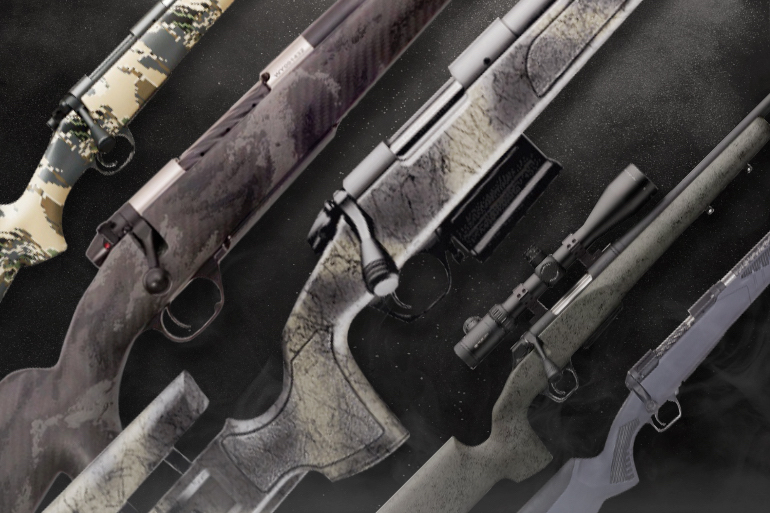What Should You Check Before Choosing a Firearm for Hunting?

When it comes to hunting, choosing the right firearm is crucial for success and safety. With so many different types of firearms available, it can be overwhelming to decide which one to use. In this blog post, we will explore the key factors to consider when choosing a firearm for hunting.
- Legal Requirements The first step in choosing a firearm for hunting is to research the legal requirements in your area. This may include specific regulations regarding the type of firearm, caliber, and ammunition that are permitted for hunting. Make sure you are familiar with these regulations before selecting a firearm.
- Hunting Method Different hunting methods require different types of firearms. For example, if you plan to hunt from a tree stand or blind, a rifle or shotgun may be more appropriate than a handgun. Consider the hunting method you will be using and choose a firearm that is suitable for that method.
- Game Species The game species you plan to hunt also plays a role in selecting a firearm. Smaller game such as rabbits or squirrels require a smaller caliber firearm, while larger game such as elk or moose require a larger caliber firearm. Make sure you choose a firearm that is appropriate for the game species you plan to hunt.
- Firearm Action The action of a firearm refers to how it loads and ejects cartridges. There are several types of actions to choose from, including bolt-action, lever-action, pump-action, and semi-automatic. Each type of action has its own advantages and disadvantages, so choose the one that works best for you.
- Weight and Size The weight and size of a firearm can impact your accuracy and comfort when hunting. A heavier firearm may be more stable, but it can also be more difficult to carry over long distances. Consider your personal physical abilities and choose a firearm that you can handle comfortably.
- Recoil The recoil of a firearm refers to the backward movement of the gun after firing a shot. This can affect your accuracy and comfort when shooting. Choose a firearm with a recoil that you can manage comfortably and accurately.
- Sights and Optics Sights and optics are important for accuracy when hunting. Choose a firearm with high-quality sights or optics that are appropriate for the game species and hunting method you plan to use.
Conclusion Choosing the right firearm for hunting requires careful consideration of several factors. Legal requirements, hunting method, game species, firearm action, weight and size, recoil, and sights and optics are all important factors to consider. With the right firearm and preparation, you can increase your chances of a successful and safe hunting experience.
